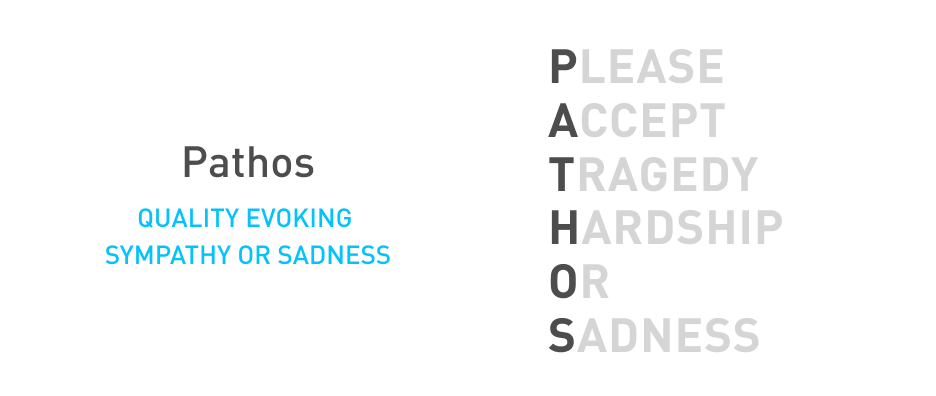Improve your vocabulary and memory with mnemonics
Mnemonics are a time-tested method for boosting memory and enriching vocabulary.
In this article, we'll explore how mnemonics can be a game-changer in your learning journey, helping you retain information faster and more effectively. From the origins of this method to practical tips for applying it in everyday life, the following information has you covered.
What are mnemonics?
The word mnemonic originally derives from the Greek mnemon, meaning mindful.
In ancient Rome, renowned orators like Cicero and Quintilian made use of the method of loci, or method of places. When they were speaking, they would imagine a familiar series of images, such as the items in their house or landmarks along a route. Then they would associate an important point in their speech with each item or place. By linking items they wanted to remember with something already familiar to them, they were able to recall long strings of information.
The method of loci is an early mnemonic, and many more have been created since then. All types of mnemonics help your brain encode and recall information by linking unfamiliar information with known or familiar things. Images, rhymes, and easy-to-remember keywords can all be used to help you learn and remember all sorts of information.
What can mnemonics help with?
Mnemonics are tools that help in two primary areas: memory recall and vocabulary building.
Mnemonics can improve your working memory
Mnemonics can be used to help you remember and recall a variety of concepts, from facts and figures to foreign language phrases and more. For example, if you're trying to remember that the capital of France is Paris, you could picture the Eiffel Tower surrounded by a ring of pears, since "pears" sounds like "Paris." By creating vivid mental images like this, you can easily recall information when needed.
Mnemonics can improve your vocabulary
Mnemonics can also be used to help build your vocabulary. By making up stories or rhymes that link new words to familiar concepts, you can more easily remember and understand the meanings of those words. (You'll find some examples of this later!)
4 types of mnemonics
Mnemonics can be created out of anything that you find easy to remember. The following details four different types of mnemonics:
1. Rhyme and sound-alike mnemonics
Rhymes or words and phrases that sound like the word you're trying to remember are useful for creating strong associations. To create a rhyming or sound-alike mnemonic, look for a part of the word that rhymes with or sounds like another word with which you're already familiar to cement the association.
2. Image mnemonics
You can use an engaging and memorable image to learn new vocabulary words. Think of an image associated with the meaning of the word you want to remember. When you're trying to remember the meaning of the word, recall the image to remind you of the association. This method can often effectively be combined with rhyming or sound-alike mnemonics.
3. Keyword mnemonics
Sometimes a difficult word will contain a shorter or less complex word with which you're familiar. Try breaking up a single word into recognizable parts or find a keyword to make the definition easier to remember.
4. Acrostic mnemonics
To make an acrostic, take each letter of the word you're trying to remember and associate it with an easy word that begins with the same letter. You can form memorable phrases or sentences that will help you remember the meaning of a word when you recall the acrostic.
Examples of mnemonics to remember vocabulary words
The following set of mnemonic examples can improve your understanding of how this useful memorization technique can help you build your vocabulary:
Mnemonic for aloof

Mnemonic for arduous

Mnemonic for extol

Mnemonic for pathos

Mnemonic for tenable

Mnemonic for truculent

Hopefully this shows you how you can develop mnemonics to help you remember any vocabulary word you find particularly difficult.
Practice using mnemonics to improve vocabulary and memory
Mnemonics are a powerful tool for enhancing memory and expanding vocabulary. By using rhymes, images, keywords, or acrostics to create memorable associations, you can make the learning process more engaging and effective.
And don't be afraid to get creative with your mnemonics. The more personal and vivid they are, the better they'll work for you.
You can practice using mnemonics and learn other skills to build your vocabulary and improve your memory recall with the Elevate app. It takes a game-based approach to teaching and is totally free to try. So go ahead and download it, and begin to unlock your brain's full potential by making learning fun!

.svg)